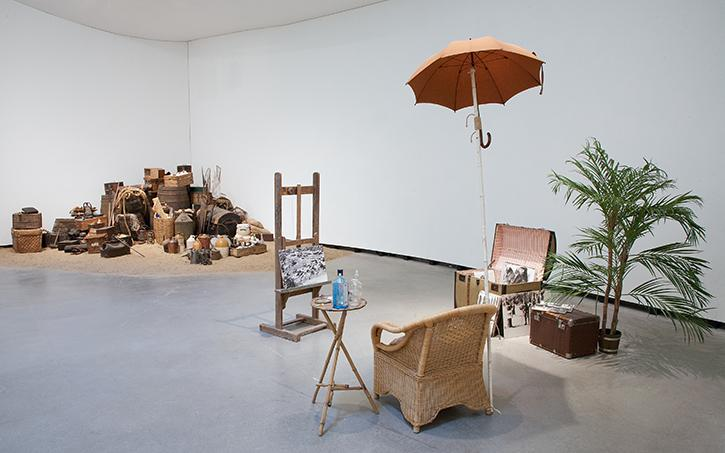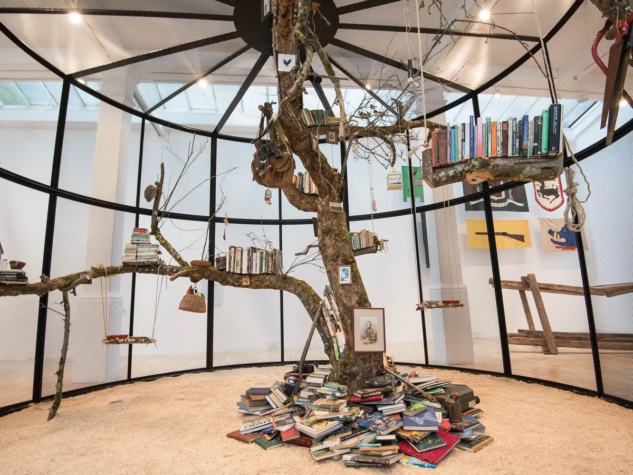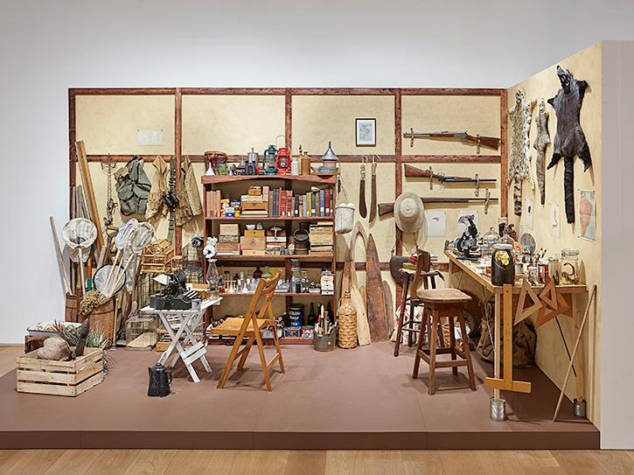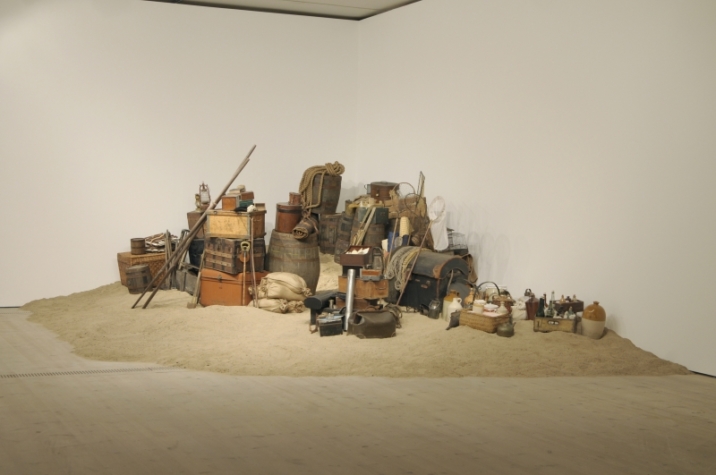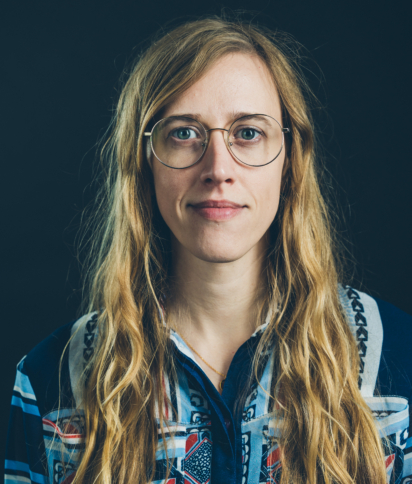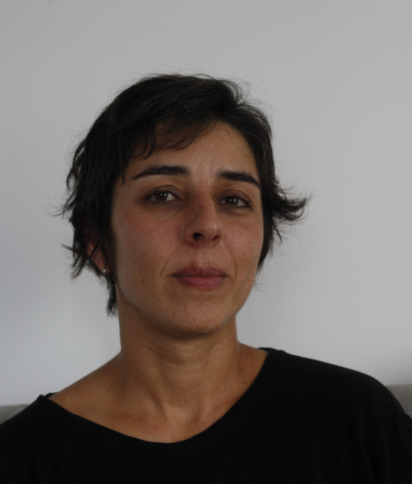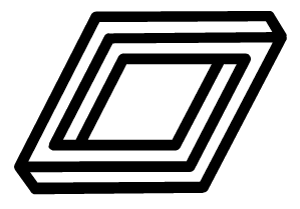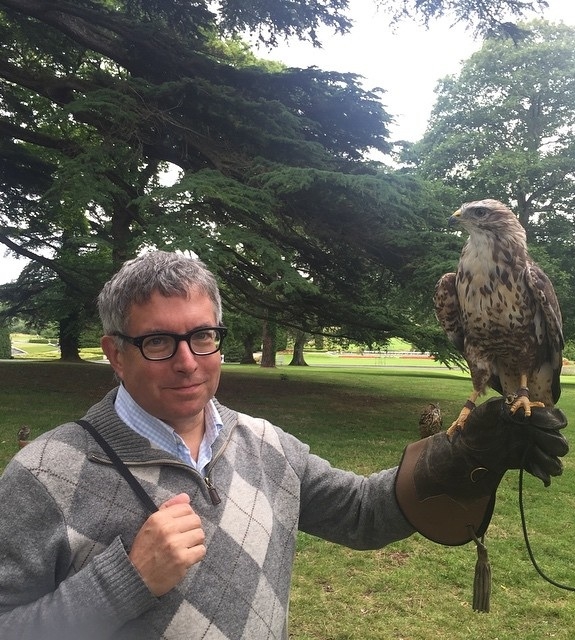
The Culture of Nature
with Mark Dion
Mark Dion will lead conversations and investigations into The Culture of Nature, but this course will focus on artists who explore animal issues. Artists who depict, investigate or collaborate with other living beings will be discussed and the history of ideas around our understanding of animals will be explored. The artist promises this course will be not merely illuminating but also fun. Fellows will be expected to research, make presentations, and do quick-paced assignments.
April 17th - April 26th
Wed, Thur, Fri
1:00 - 3:30pm EST
16
Students
$2,000 New Student
$1,750 Returning Student
USD
Mark Dion was born in New Bedford, Massachusetts in 1961. He received a BFA (1986) and an honorary doctorate (2003) from the University of Hartford, Hartford Art School, and attended the Whitney Museum of American Art’s Independent Study Program.
Dion’s work examines the ways in which dominant ideologies and public institutions shape our understanding of history, knowledge, and the natural world. Appropriating archaeological, field ecology, and other scientific methods of collecting, ordering, and exhibiting objects, Dion creates works that question the distinctions between ‘objective’ (‘rational’) scientific methods and ‘subjective’ (‘irrational’) influences. Dion also frequently collaborates with museums of natural history, aquariums, zoos, and other institutions mandated to produce public knowledge on the topic of nature.
By locating the roots of environmental politics and public policy in the construction of knowledge about nature, Mark Dion questions the objectivity and authoritative role of the scientific voice in contemporary society, tracking how pseudo-science, social agendas, and ideology creep into public discourse and knowledge production.
More Classes
Live online classes with the world’s best artists and curators
Crash Course in Adobe Premiere Pro:
Video Editing Basics
This one-day intensive workshop is designed to get you up and running with Adobe Premiere Pro. Learn the essential tools and workflows to create high-resolution, professional-quality video works. We'll cover importing footage, basic editing techniques, timeline navigation, multi-channel video editing, and exporting for different platforms. Perfect for beginners or those looking to sharpen their foundational skills, this crash course will give you the confidence and tools to start editing with clarity and creativity. This course will be recorded for anyone unable to make it LIVE.
Train ChatGPT as Your Studio Assistant:
An Introductory Workshop to exploiting Ai
This one-day workshop introduces artists to using ChatGPT as a powerful and flexible studio assistant to support both creative development and professional demands. We'll explore how to collaborate with AI to brainstorm new work, write and edit artist statements, craft compelling grant and residency applications, organize projects, plan exhibitions, and develop teaching materials or syllabi. You'll also learn the art of prompt writing—how to shape questions and commands that generate useful, nuanced, and imaginative results. Whether you're juggling studio time with teaching, curating, or community work, this workshop offers hands-on strategies for integrating AI into your practice with clarity, intention, and creativity.
The Exhibition to Come
Essays on a Curatorship in Process
This course proposes a collective and process-based curatorial exercise developed from scratch. Starting from the idea of an exhibition that does not yet exist — with no defined theme, no predetermined space — participants will be invited to collaborate in the invention of the conceptual and formal paths that will shape a hypothetical exhibition, with the potential to materialize in an actual venue in the future.
